What is Dry Eye?
An estimated 55 million Americans have Dry Eye Disease. If you are suffering from dry eyes, look no further. Real, lasting relief is now available at Eye Center of Hawaii!
Dry Eye Disease (DED) is a chronic and progressive disease of the tears and ocular surface that results in symptoms of discomfort, visual disturbance and tear film instability with potential damage to the cornea, ocular surface, and the eyelids. Many people mistake dye eye disease for allergies, climatic conditions or just eye strain.
AQUEOUS DRY EYE
Characterized by tear deficiency, aqueous dry eye occurs when the lacrimal glands don’t produce enough of the watery component of tears.
EVAPORATIVE DRY EYE
Affecting 80% of dry eye patients, evaporative dry eye is caused by Meibomian gland dysfunction (MGD), which creates a deficiency in the oil layer of the tear film. These glands make the lipid or oily part of tears that slows evaporation and keeps the tears stable.
Treating Dry Eye
Dry eye may affect you long before you experience noticeable symptoms. It’s important to detect and diagnose dry eye early so that we can start managing your condition. Eye Center of Hawaii is proud to offer a revolutionary approach to dry eye treatment called Lipiflow.
LipiFlow®
LipiFlow® can treat the cause of your dry eyes, not just the symptoms. The LipiFlow® treatment applies controlled heat to the upper and lower inner eyelids, while mild intermittent pressure releases oils from the blocked Meibomian glands. This painless procedure is performed in the office and takes only 12 minutes per eye. Although relief isn’t instantaneous with LipiFlow®, clinical studies have found that 80% of patients report improvement within 4 to 12 weeks of their treatment lasting for 12 to 24 months.
Animation of the Lipiflow® procedure.
Schedule your dry eye exam at Eye Center of Hawaii today by calling 808.955.0255 and discover real, lasting relief!



Whether it's macular degeneration or cataracts or a simple eye exam, you can find the most advanced care at our offices across the islands. Mahalo, David, for taking the time to tell about your experience with Dr. Miller and our Kona team while they took care of your macular degeneration. We take care of our patients like they are 'ohana.
🌺#ohana #MacularDegeneration #hawaii #bigisland #Eyecare ... See MoreSee Less
0 CommentsComment on Facebook
Each year, approximately 100,000 people suffer sports-related eye injuries, with around 13,500 leading to permanent vision loss. Most sports-related eye injuries can be prevented by wearing the right protective gear. Visit our optical in Kona and Lihue to get outfitted with the right eyewear for your active lifestyle.
#SportsEyeSafety #ProtectiveEyewear #sportsprotection ... See MoreSee Less
0 CommentsComment on Facebook
Your vision plays a vital role in your quality of life, and routine eye exams can help detect early signs of systemic conditions like diabetes, hypertension, and more.
✅ Schedule your annual eye exam
✅ Protect your eyes from UV rays
✅ Eat a nutrient-rich diet for healthy vision
Let’s keep our eyes—and our bodies—healthy together. 💙
#WorldHealthDay #EyeHealthMatters #VisionCare #Ophthalmology #HealthyEyesHealthyYou ... See MoreSee Less
0 CommentsComment on Facebook
Don't live with cloudy vision due to cataracts. We offer advanced Laser Cataract Surgery at the Ali’i Surgery Center on Oahu. Call us today to schedule your cataract exam and discover if now is the time for your cataract surgery. ... See MoreSee Less
0 CommentsComment on Facebook
We are so blessed with amazing optometrists who care deeply for our 'ohana. Mahalo Dr. Kashiwa, Dr. Ho and Dr. Bryant for taking such great care of our community. Happy World Optometry Day. ... See MoreSee Less
0 CommentsComment on Facebook
"Cez” has been working in the field of ophthalmology for over 18 years and has been with us for 12. She even volunteers her services to provide free eye care in the Philippines as part of the Bayanihan Without Walls Program. She serves multi-functionally as the clinic manager for all BEI locations and as a lead surgery coordinator/technician. A fluent native speaker of Ilocano and Tagalog, Cez is very passionate and tremendously happy and dedicated to providing quality eye care to every patient who comes her way. Drop a ❤️ or a comment below to thank her for all her hard work! ... See MoreSee Less
0 CommentsComment on Facebook